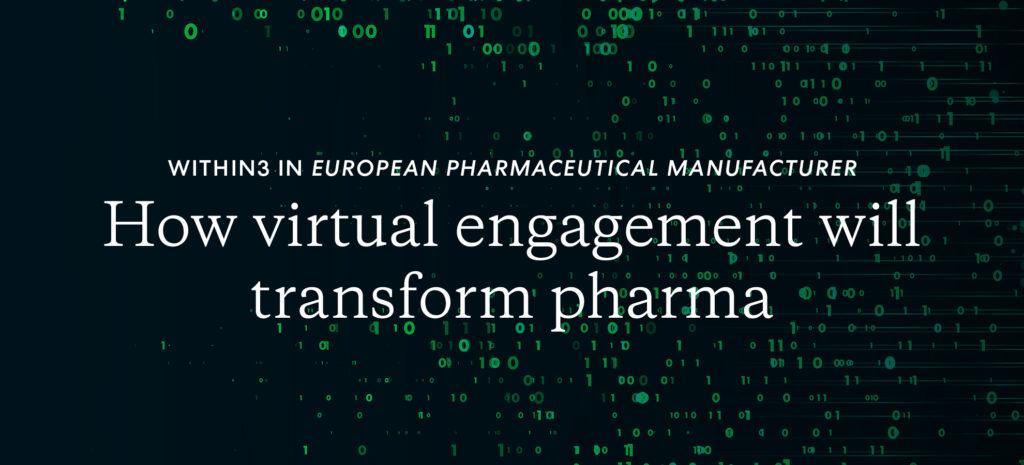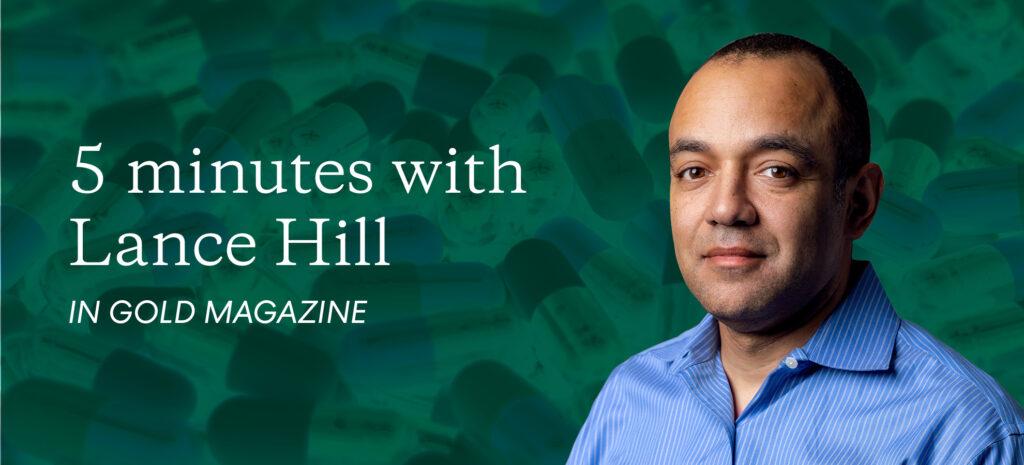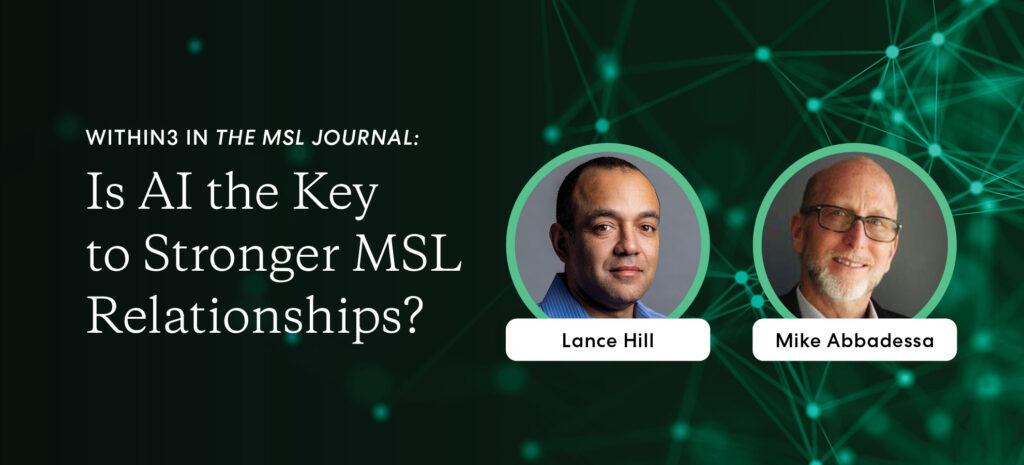Within3 VP of Medical Affairs Mike Abbadessa writes in the January-February 2022 issue of European Pharmaceutical Manufacturer about how virtual engagement will continue to drive results, gain insights, and equip teams for our post-COVID reality. Abbadessa calls out three areas where virtual engagement and insights management will have the most impact:
The return of in-person events – with a virtual twist
As the life science industry addresses COVID-related challenges to in-person events – including disease variants and outbreaks, changing travel preferences, and the rise of remote work and telehealth – both large-scale events like medical congresses and smaller gatherings like advisory boards will increasingly feature more virtual elements.
Medical conferences will retain the critical in-person networking and scientific exchange, but planning and execution will be more efficient with an assist from asynchronous collaboration before and during the event. And as medical affairs teams, in particular, continue to find value in engaging global experts through more frequent virtual touchpoints, online interactions will become a key business strategy.
Improvements in trial diversity
Because virtual interaction allows patient engagement to happen when and wherever it is most convenient for them, more patients can participate in the development of trial protocols, remote monitoring, and other aspects of the clinical trial experience. When logistical barriers are lowered and patients prioritized, clinical trial enrollment is more successful.
Insights as a strategic priority
Pharmaceutical teams are gathering insights from multiple channels – 1:1 conversations, medical congresses, advisory boards, and patient engagement, to name just a few. As these multiple streams create a huge volume of data that’s time-consuming to parse, most organizations will recognize the need for a holistic approach to insights management throughout the year and across the product development process. By unifying these disparate activities, teams can eliminate silos and increase their precision and speed in developing life-changing therapies.






